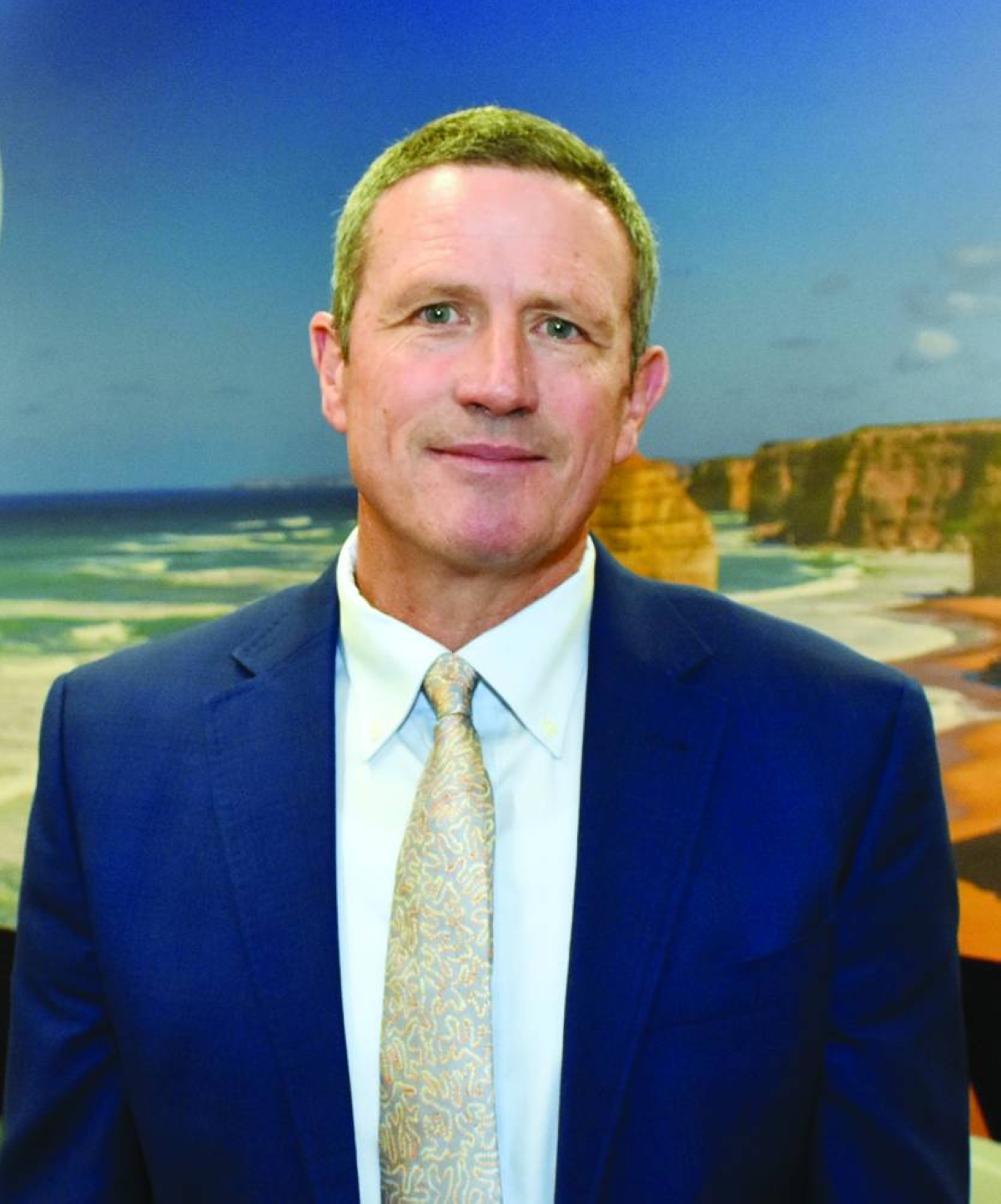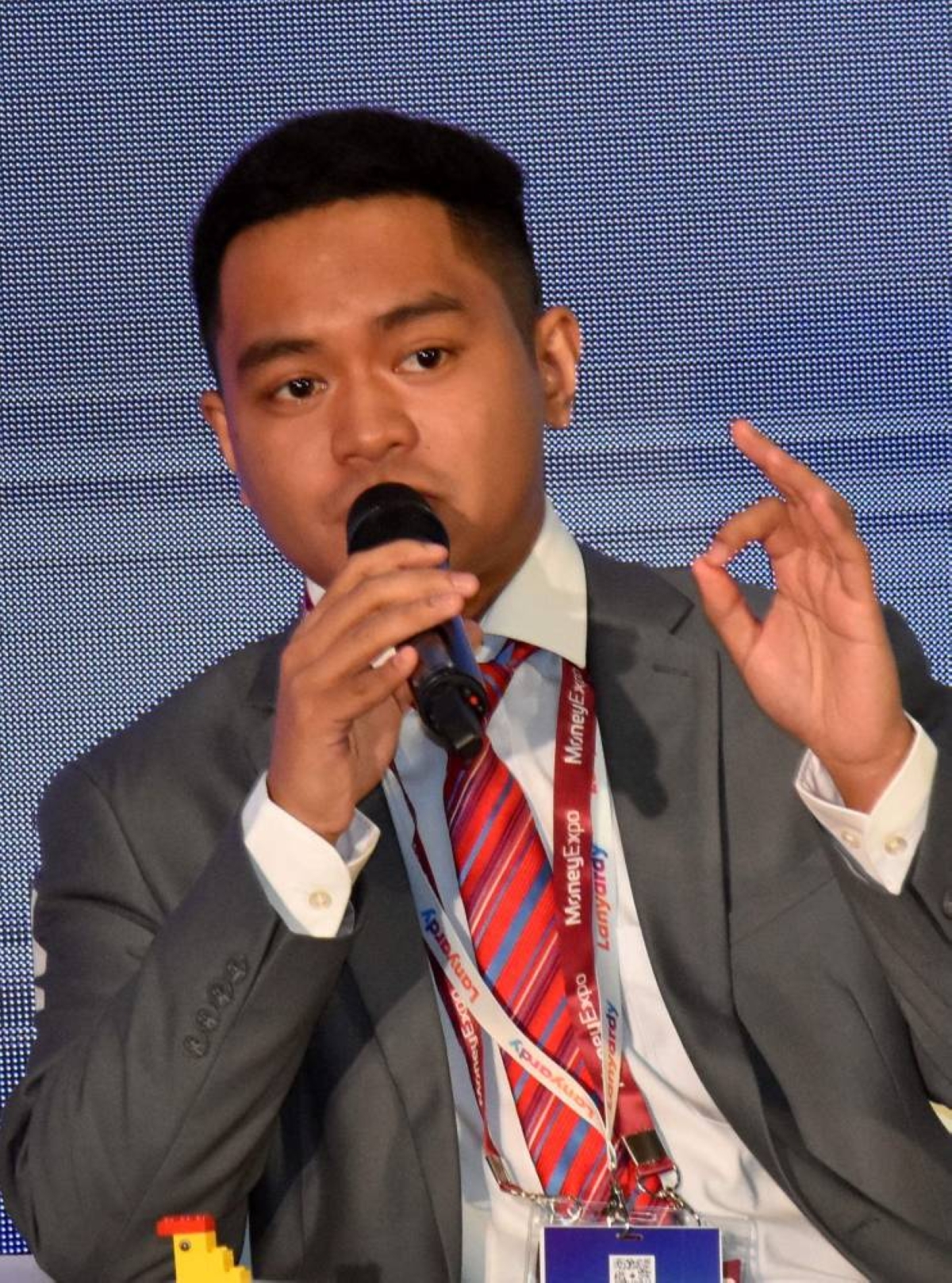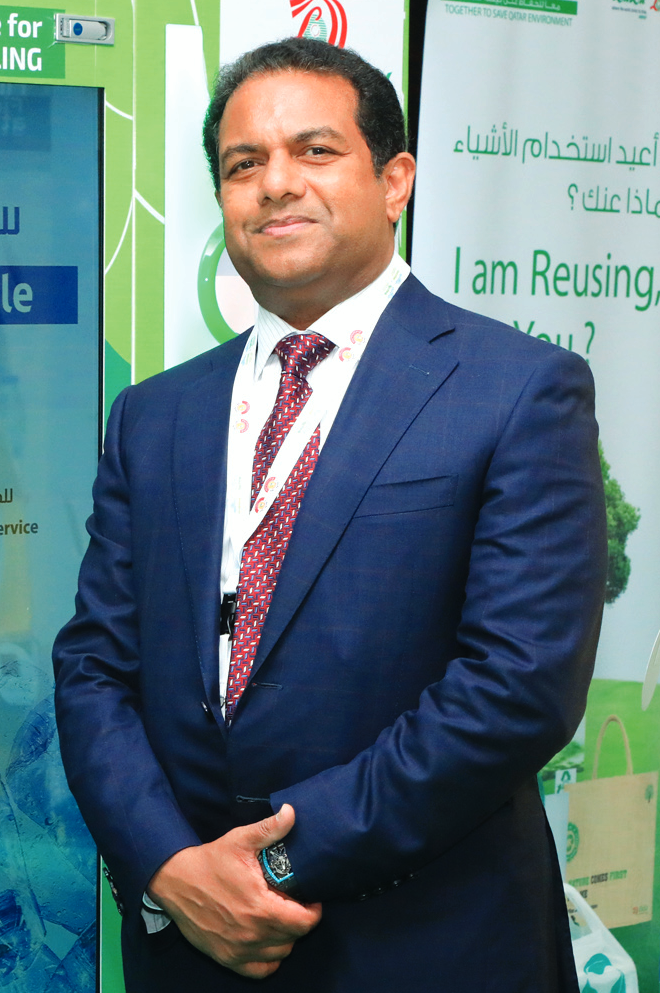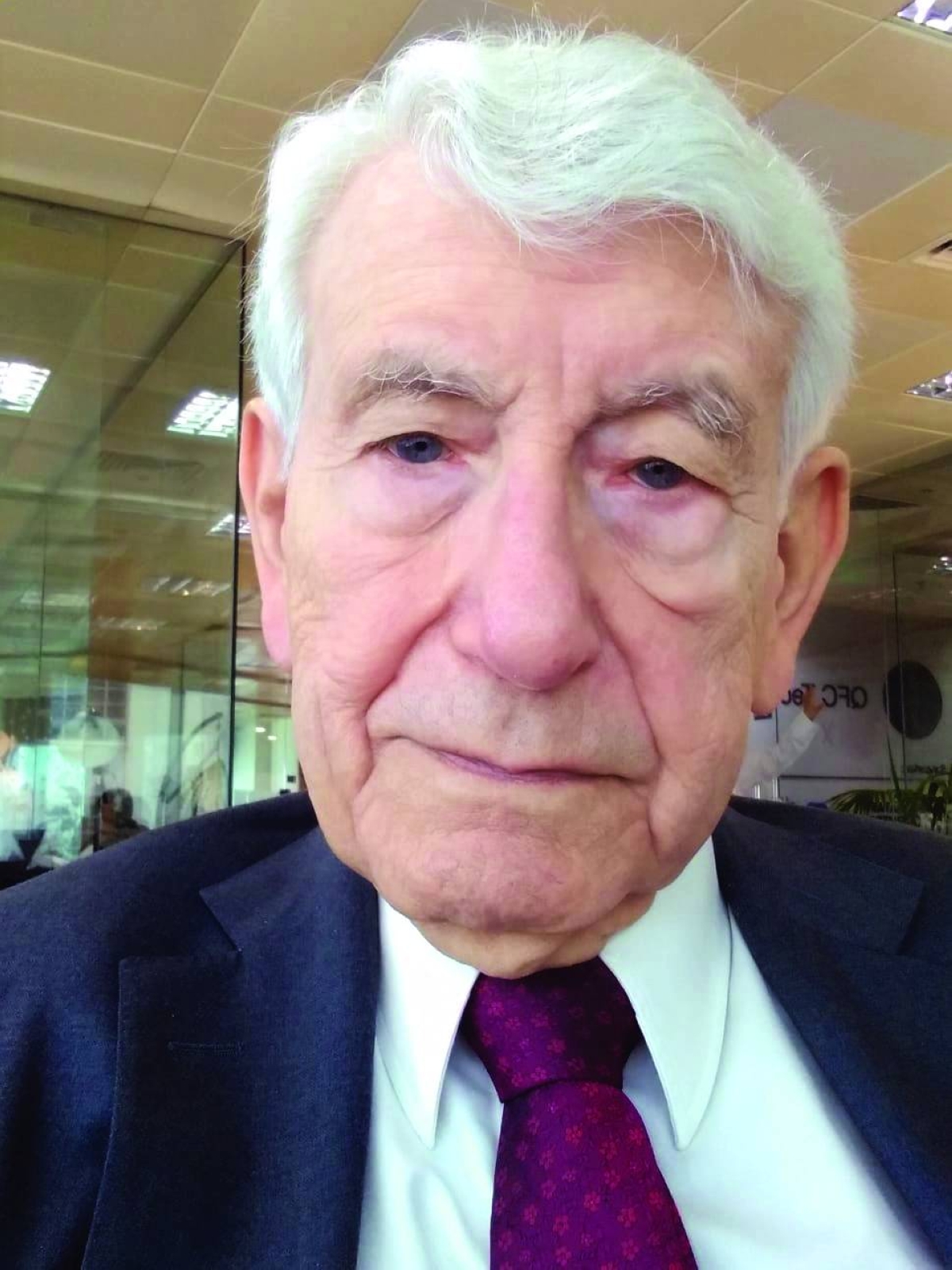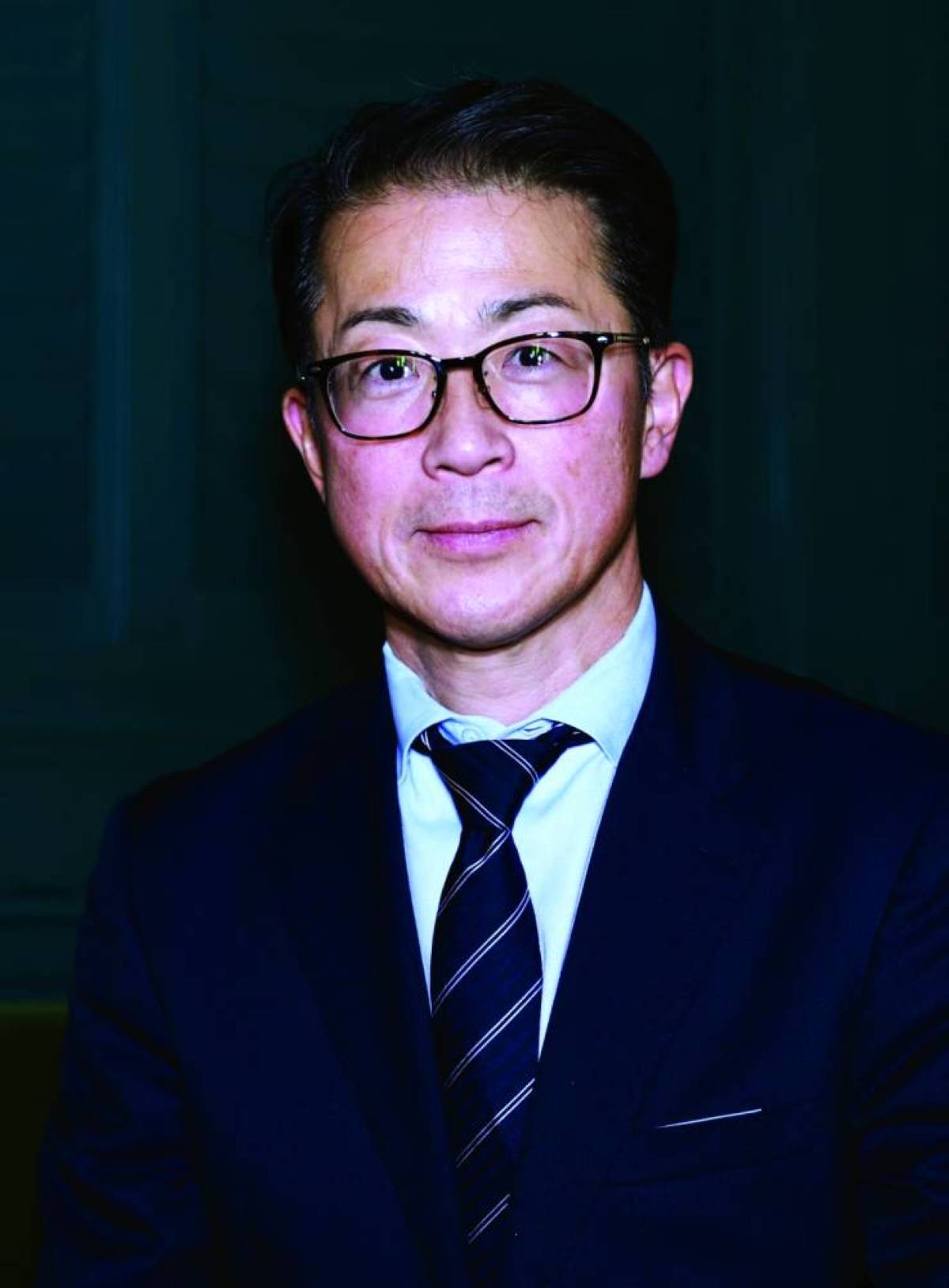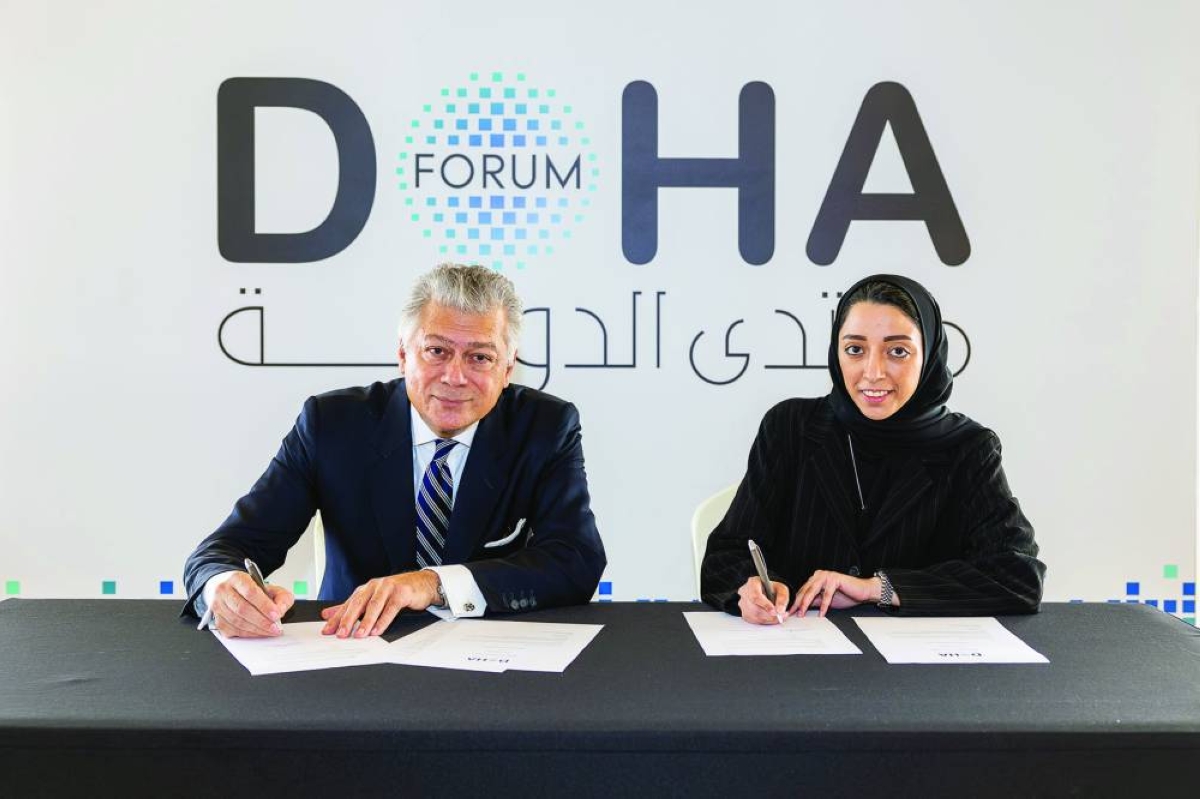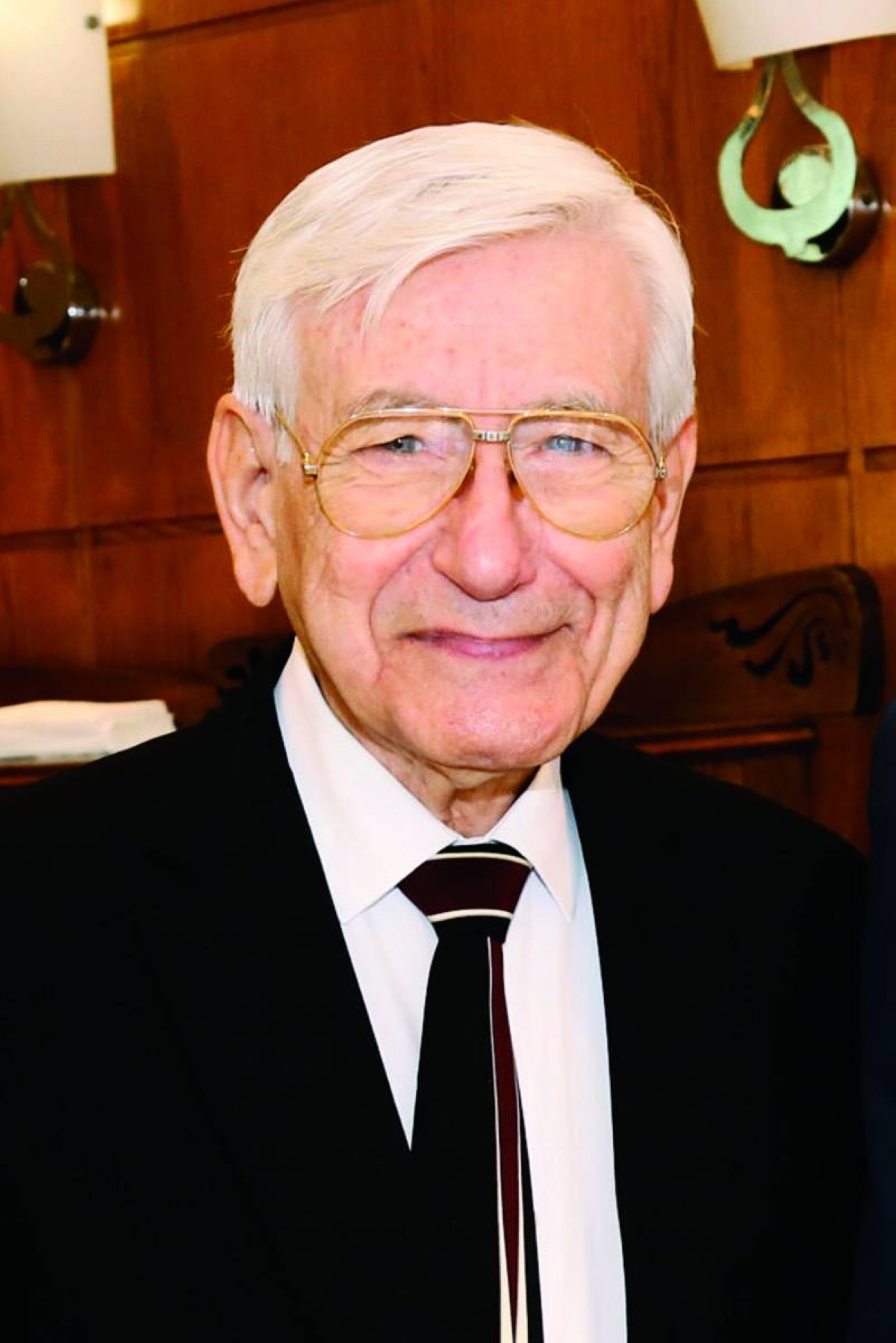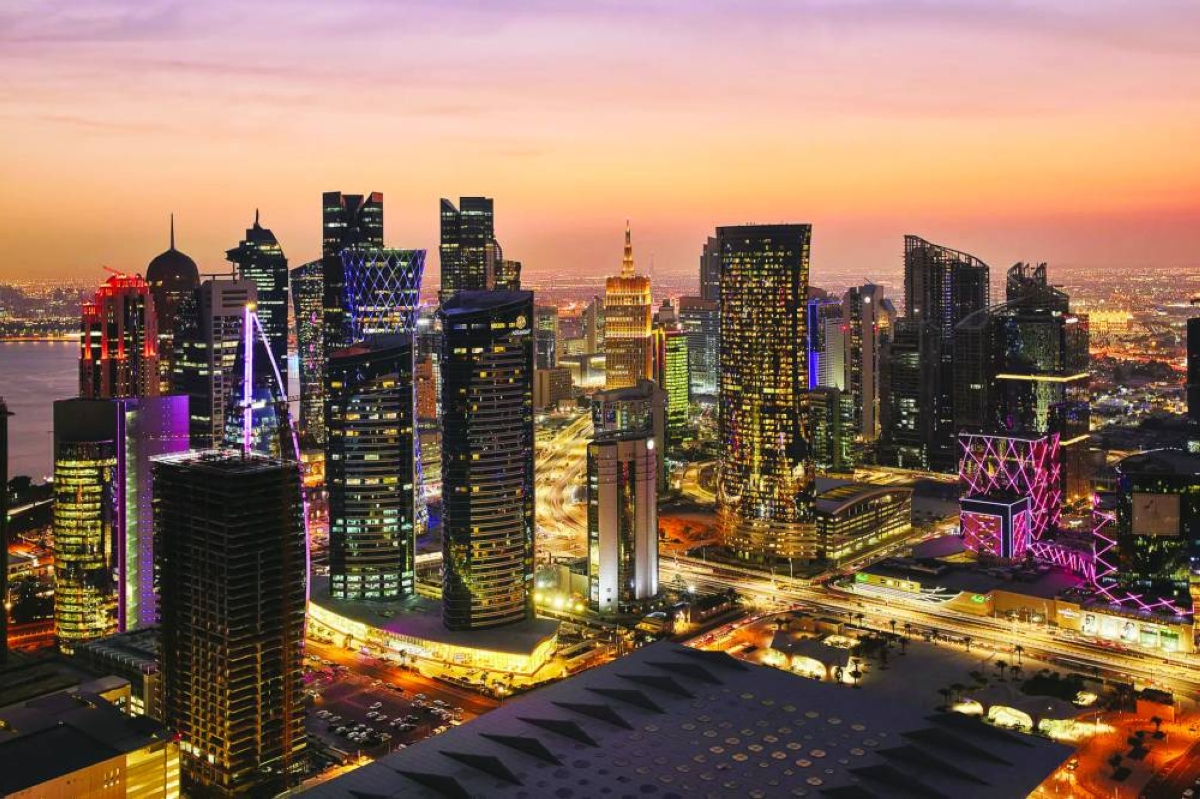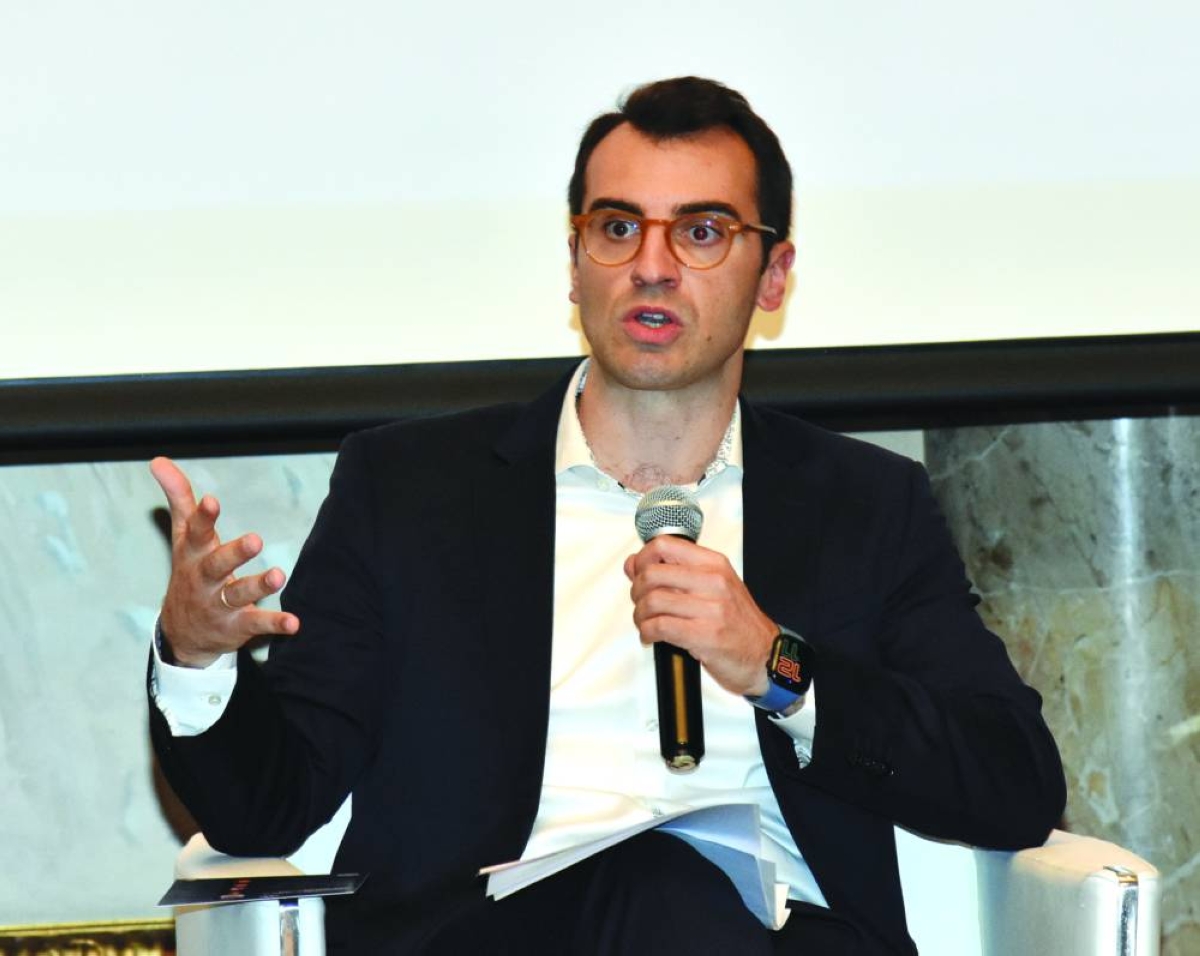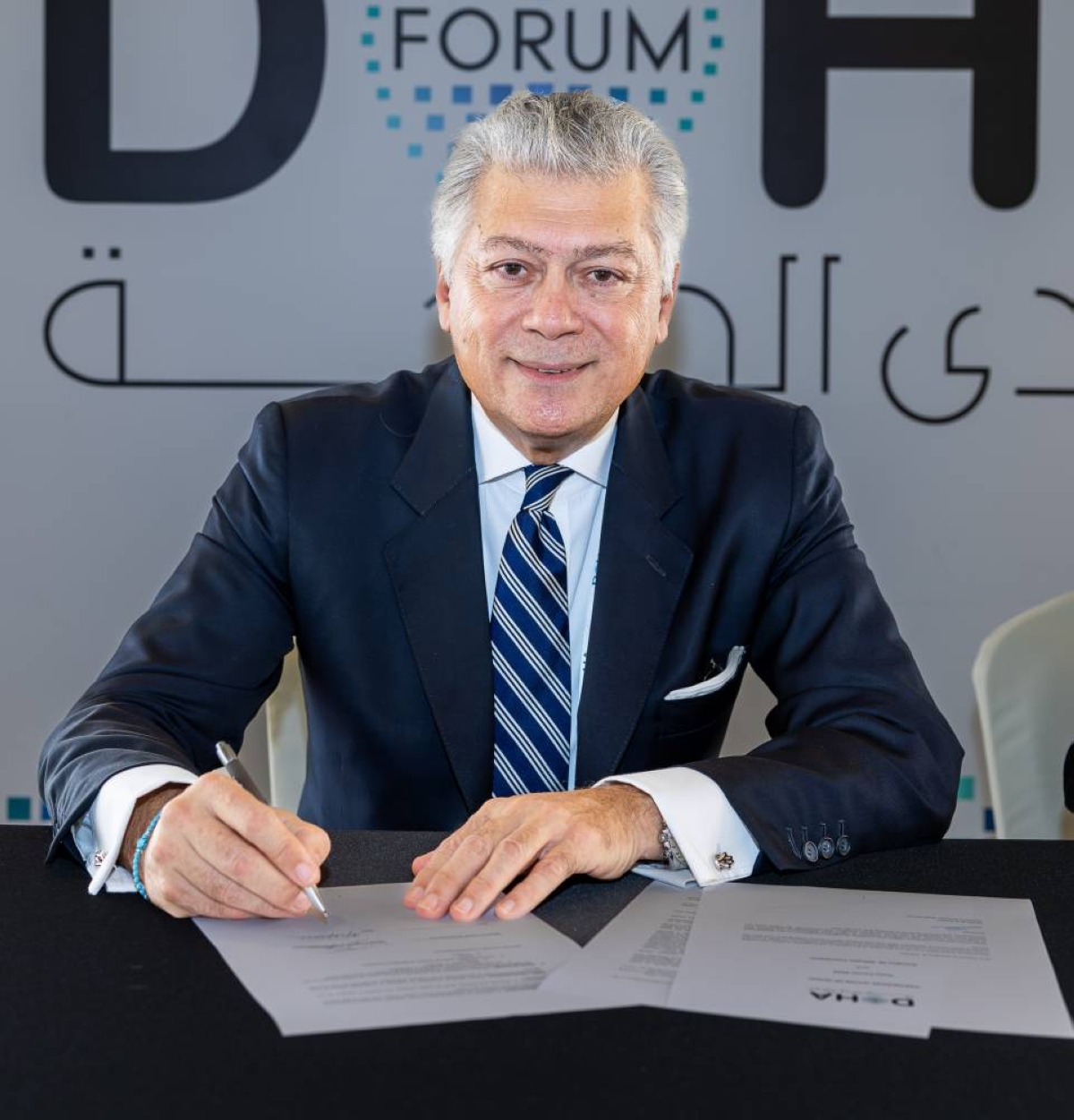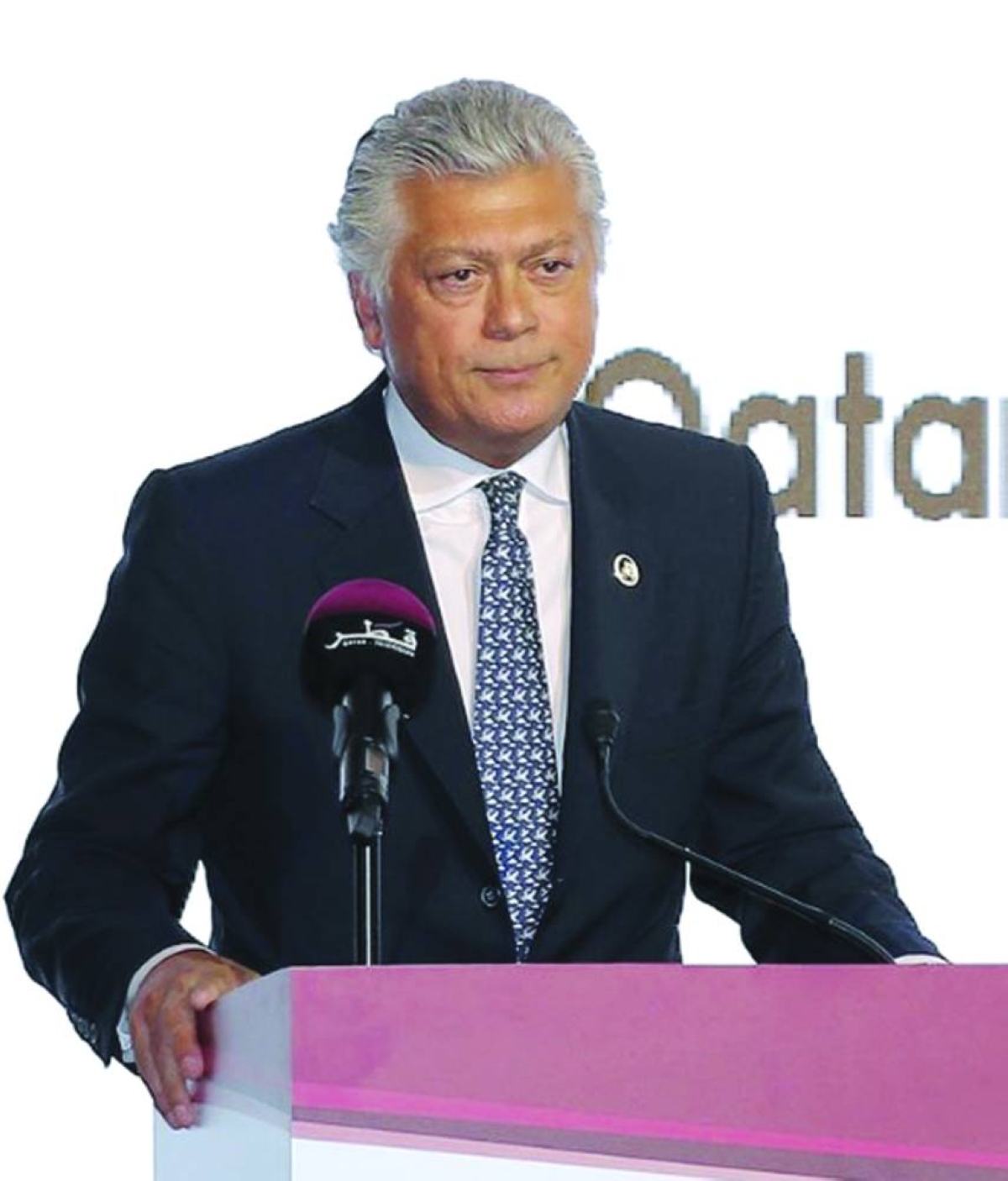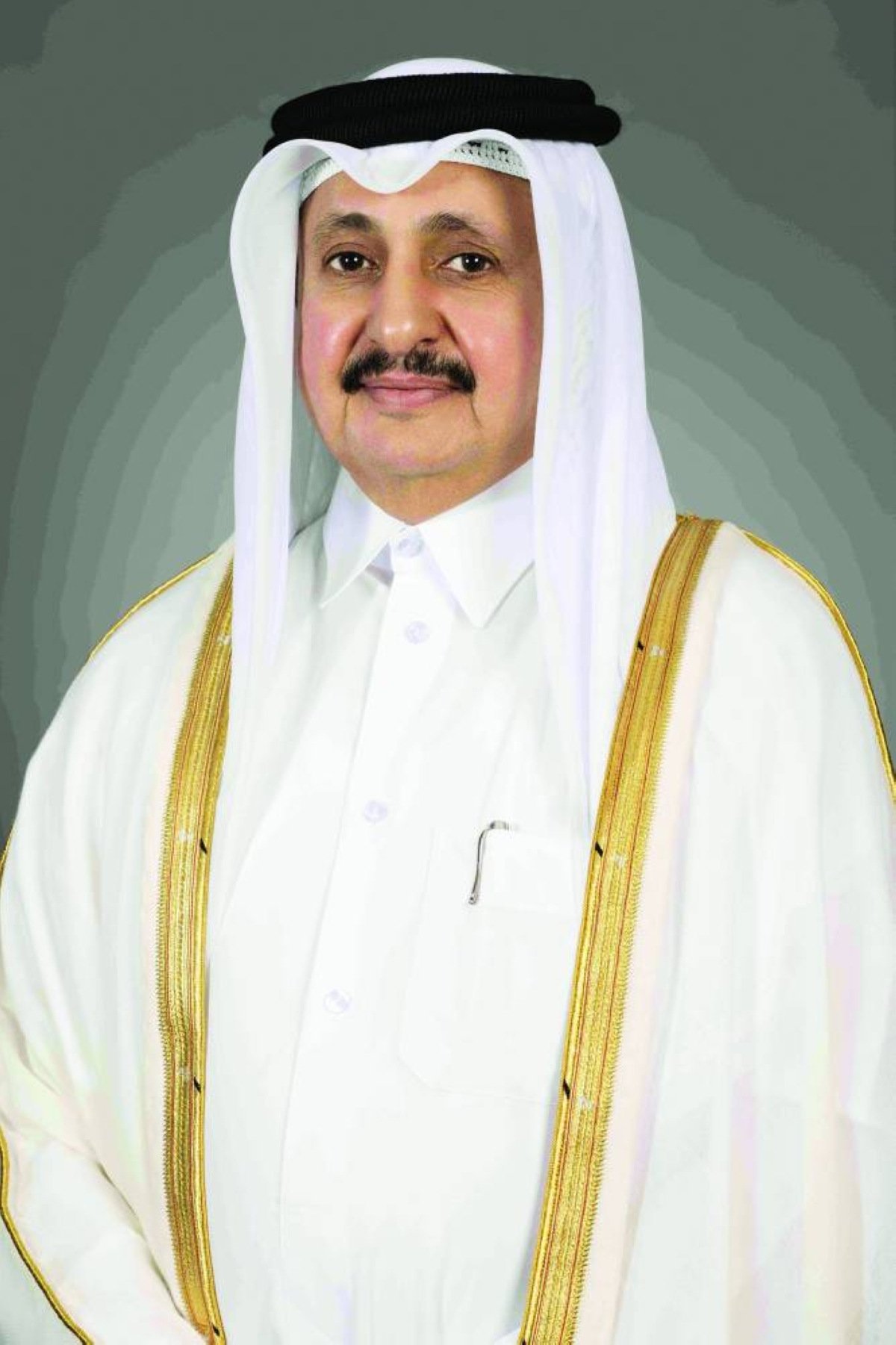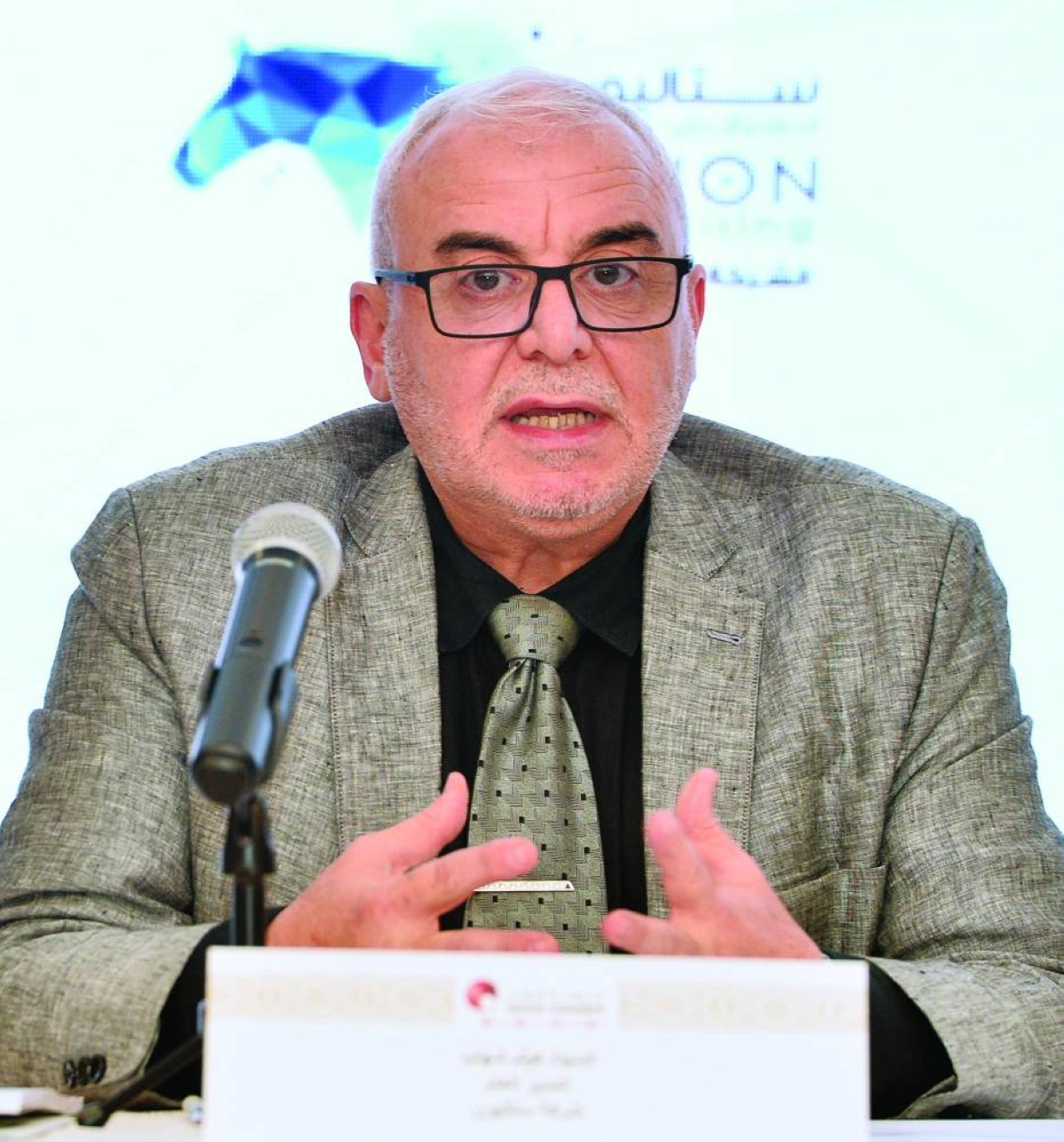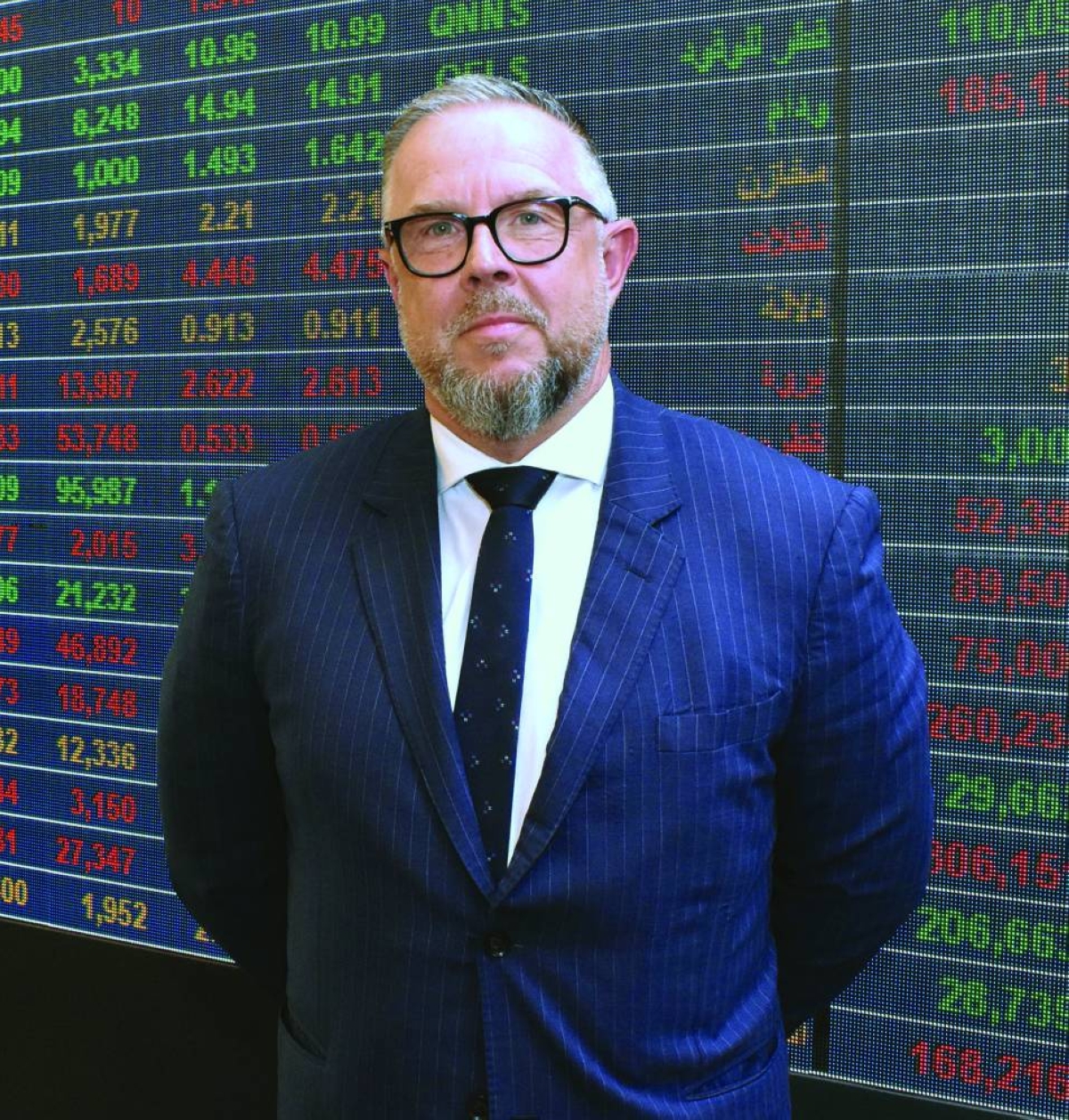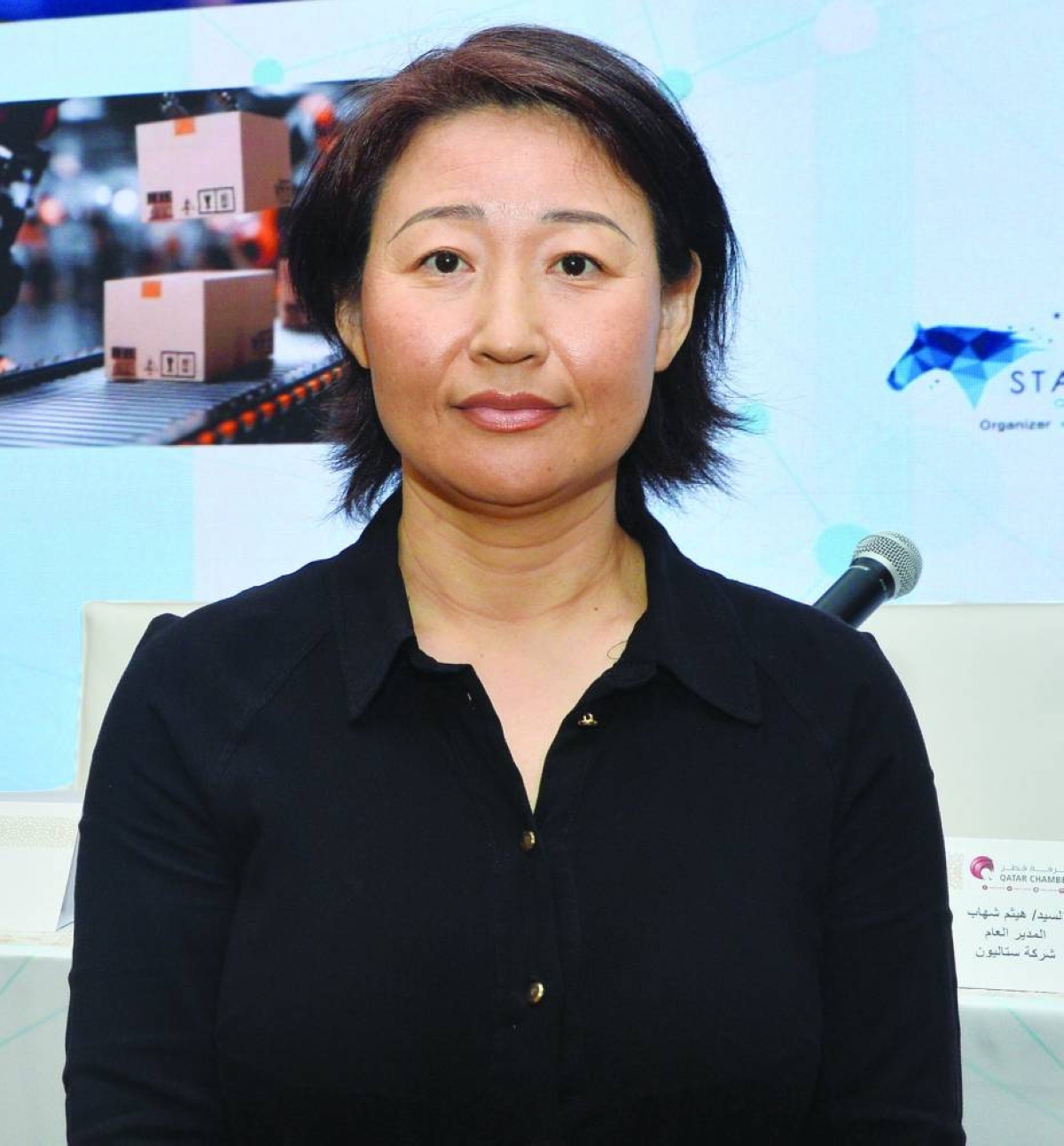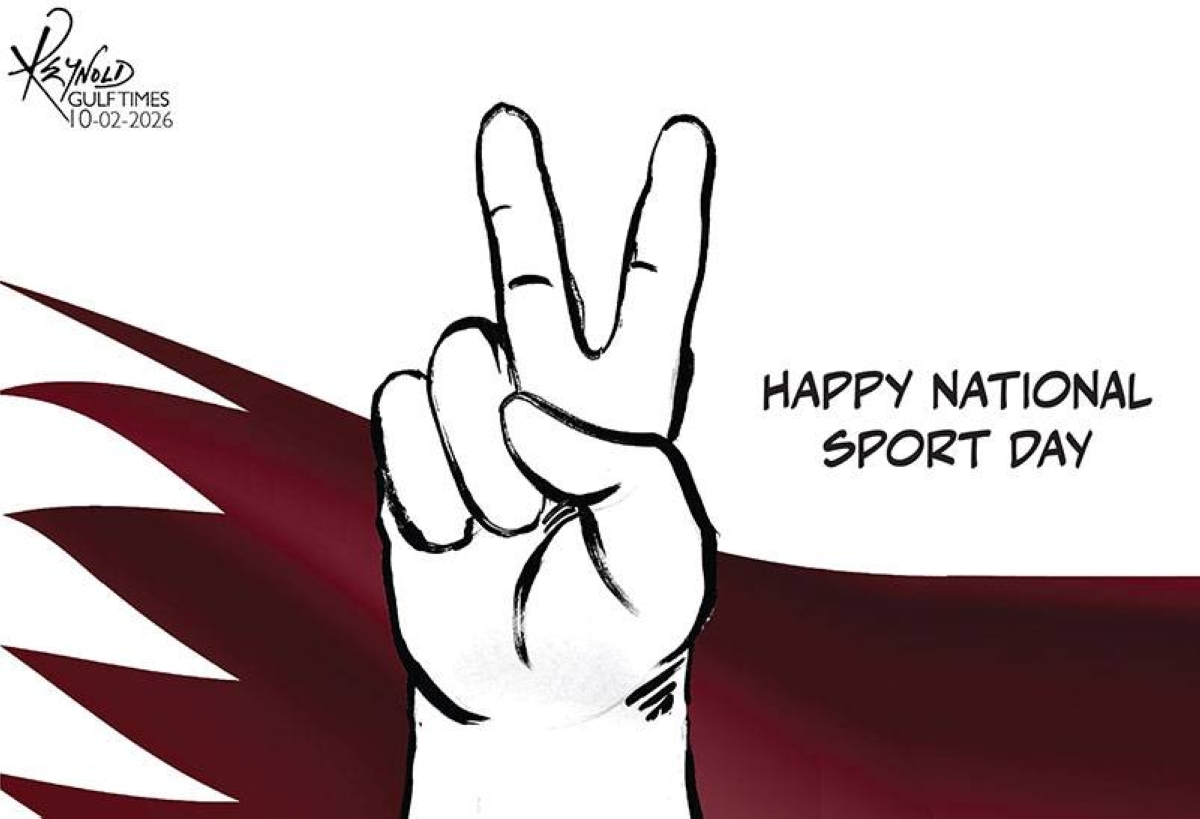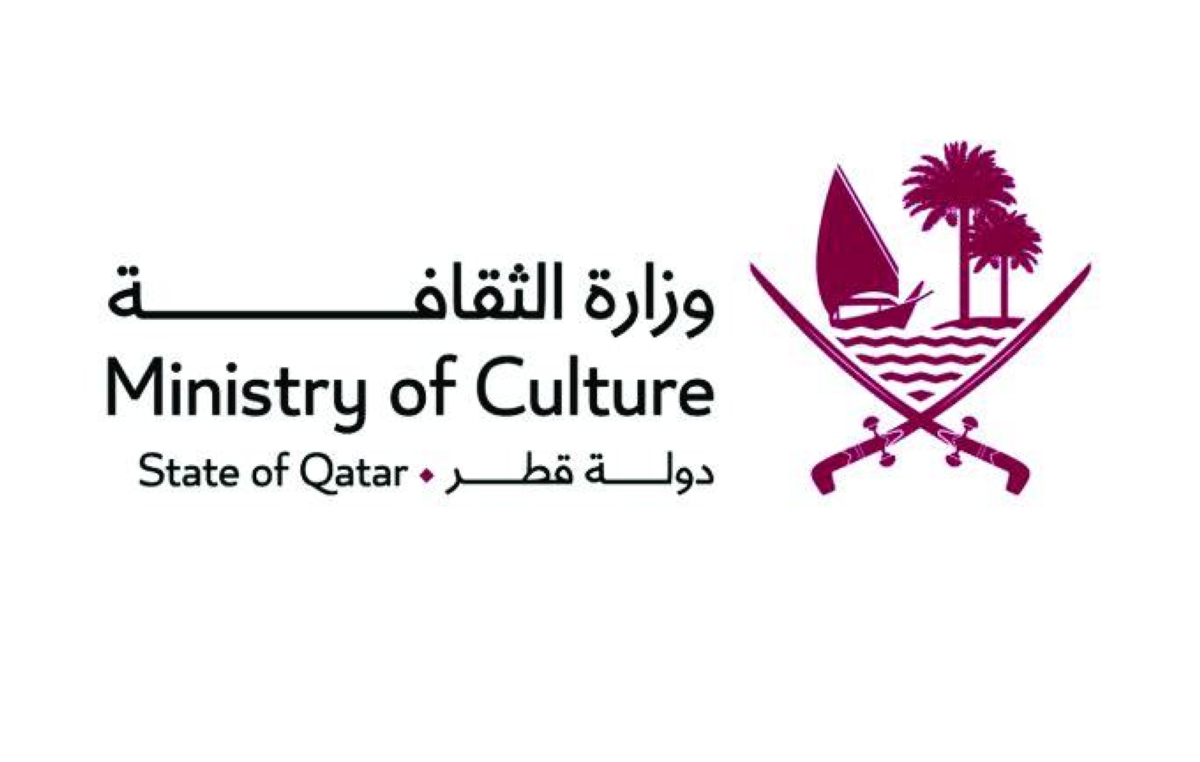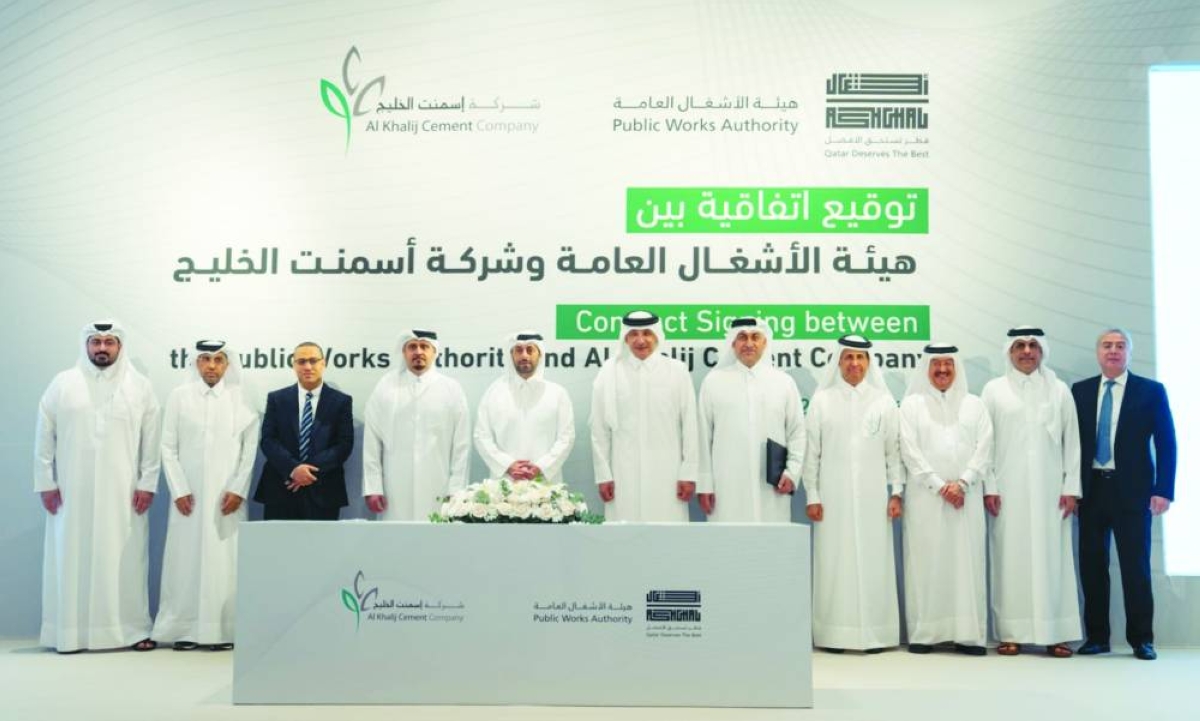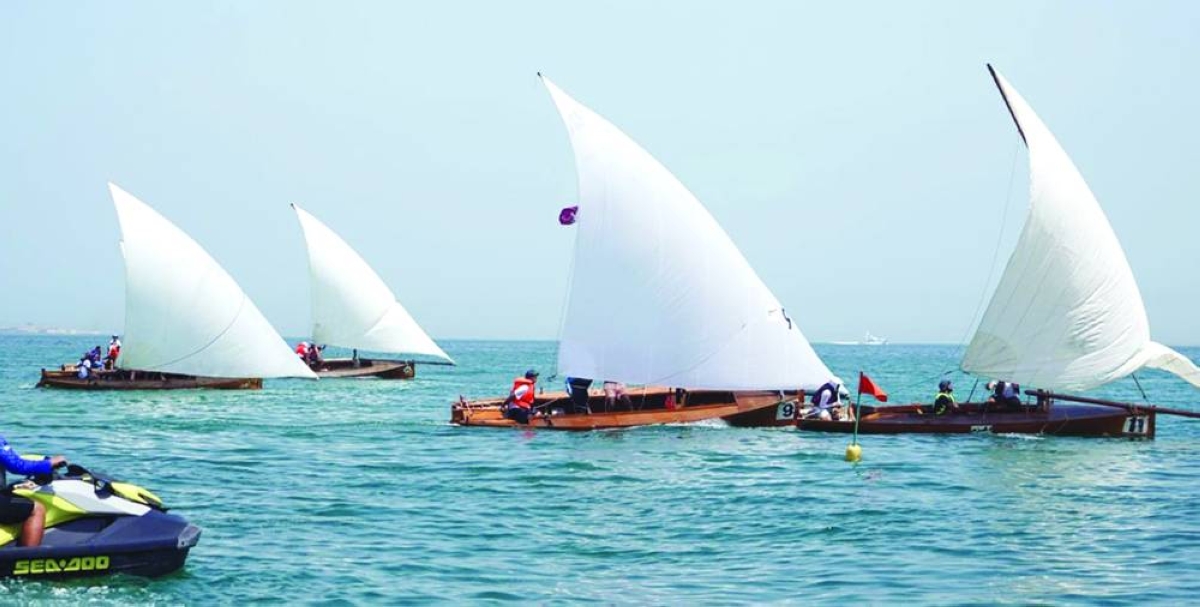Australia’s top diplomat in Qatar has underlined the role of expanded air connectivity in driving trade growth between Australia and Qatar, noting that the surge in Qatar Airways flights has opened new opportunities for fresh produce exports and strengthened bilateral ties.Qatar Airways now has 10 flights per day between Doha and Australian cities, a major increase from six flights per day 12 months ago, ambassador Shane Flanagan told Gulf Times on the sidelines of ‘Explore Australia’ launched recently by LuLu Group at LuLu Hypermarket, Giardino – The Pearl-Qatar.“That’s a 40% increase in the number of flights. That means that there is a lot more cargo and freight capacity, as well as in the aircraft. And that is also expanding the opportunities for fresh produce to meet the Qatari market,” he explained.Flanagan noted that Australia’s food exports, long anchored by lamb and increasingly diversified into beef, dairy, fruits and vegetables, remain a cornerstone of the country’s AU$3.5bn trade relationship with Qatar. He stressed that halal certification and food safety standards are taken “very seriously,” ensuring consumer trust in the Qatari market.The ambassador said, “Lamb is a favourite for many Qatari consumers, and is long loved for its safety, its freshness, and its great flavour, as well. Qatar has opened the door for many other products that we now see so widely available in the country, such as beef, fresh fruits and vegetables, and dairy products. And through LuLu’s purchasing centre in Melbourne, the range of Australian products has very much been increasing over the last 18 months, so this is something that is very positive.“Trade continues to be important from a food security perspective for Qatar, as well, but I think all of the consumers feel very comfortable in the knowledge that we take the halal certification very seriously. Our food safety standards are very, very high, so the commitment to freshness and excellence is really there. I think with all of those fundamentals in place, we really look forward to continuing to grow here in the future, as well.”According to Flanagan, overall trade between the two countries has grown steadily over the past five years, with Qatar ranking as “Australia’s second-largest commercial partner in the Middle East and North Africa region.”Flanagan said both sides can expect continued growth in 2026 amidst expanding air links and firmly established consumer confidence in Australian products: “With those 10 flights per day between Australian cities and Doha, we can expect that this is going to continue to grow as well.”

Peter Alagos
Peter Alagos reports on Business and general news for Gulf Times. He is a Kapampangan journalist with a writing career of almost 30 years. His photographs have been published in several books, including a book on the 1991 Mt. Pinatubo eruption launched by former Philippine president Fidel V. Ramos. Peter has also taught journalism in two universities.
Most Read Stories

